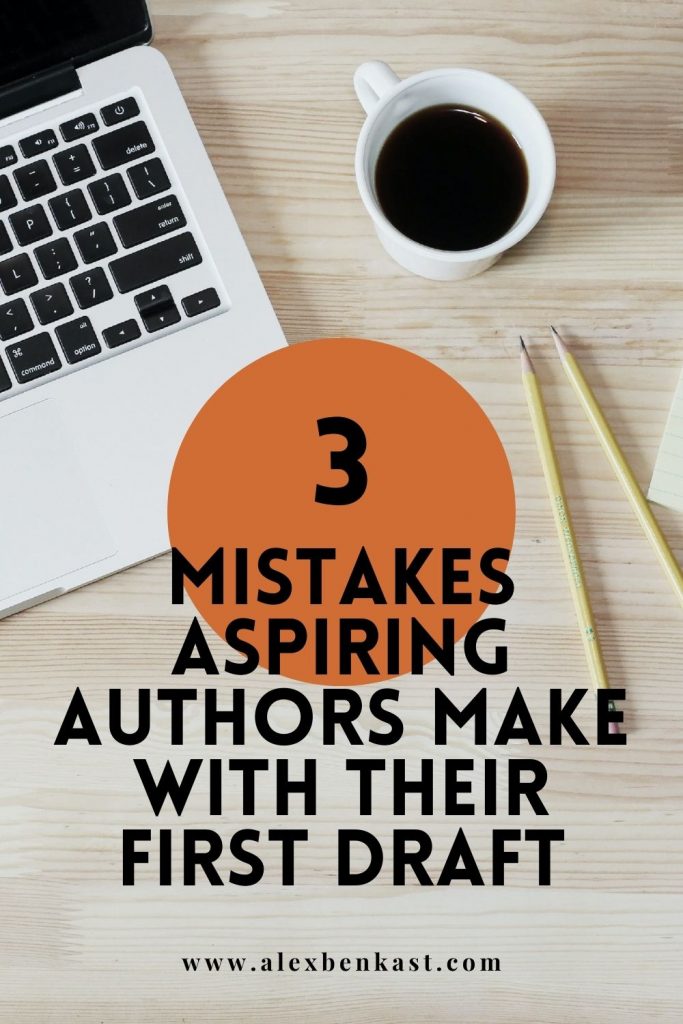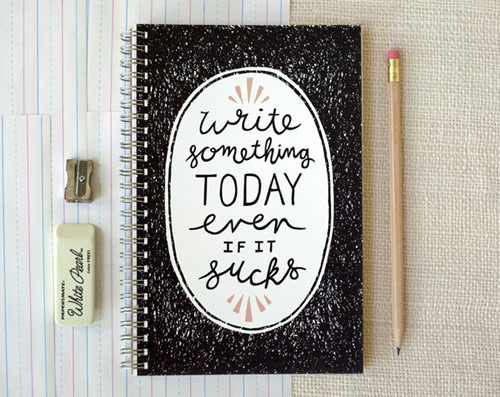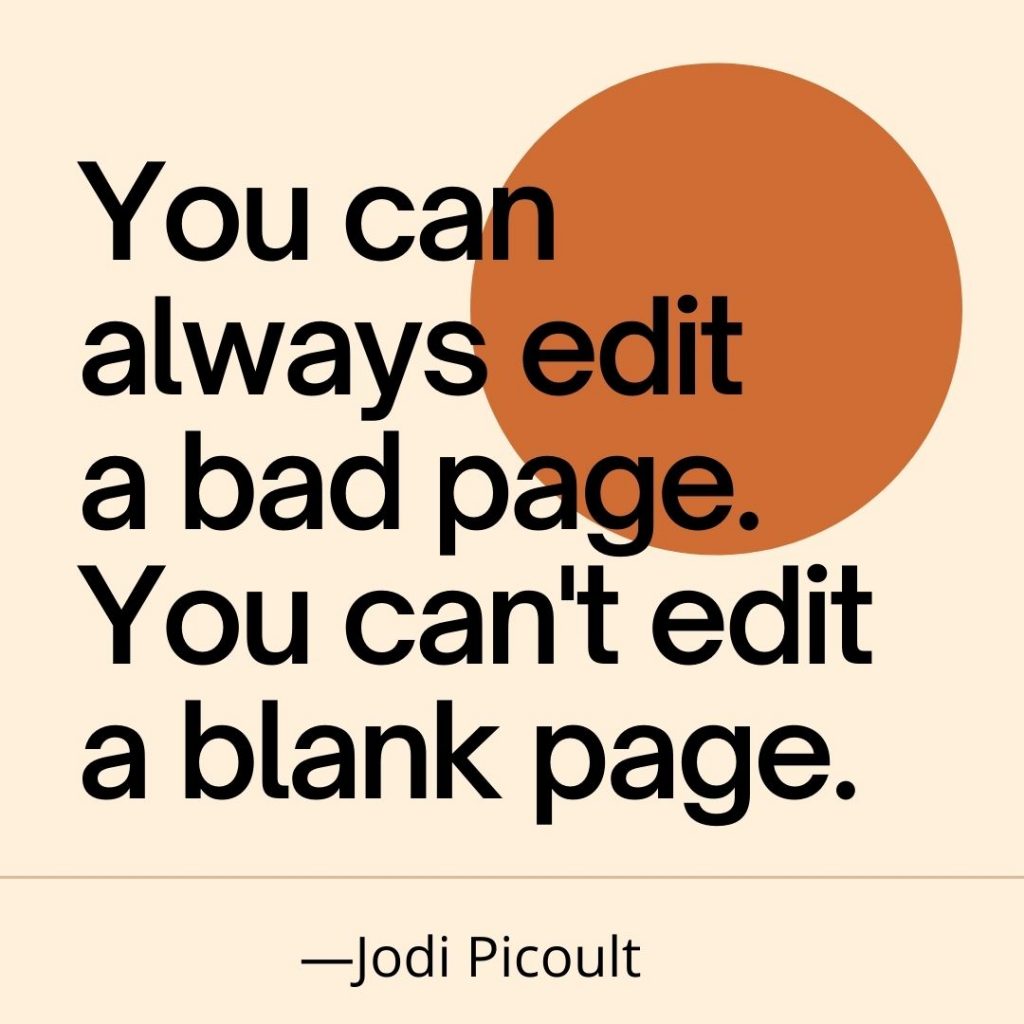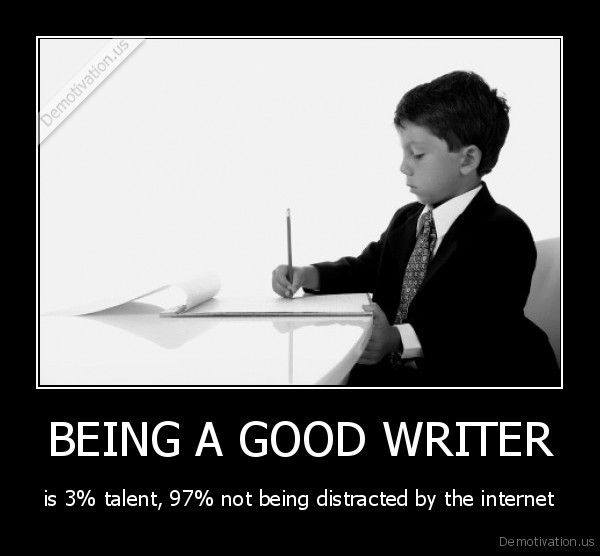Do you know what most aspiring authors struggle with when they start writing their first draft?
Over the past two years, I’ve surveyed the 400 aspiring authors who joined my Facebook book writing group and their answers usually fell within the following three categories:
1. They don’t know where to start.
2. They don’t know how to fit writing a book into their schedule.
3. They doubt their skills and innate creativity.
I totally get it. I’ve wanted to write a book since I was seven. But for over two decades I struggled to get started. I wrote a few chapters here and there, and then put them away to work on them someday—when I’m “ready” and a “better writer” (which so very often means never).
It all changed back in 2013, at the end of my first summer in the US, when I started working with American activist and veteran author Jerry Mander, who wrote the 1978 classic, Four Arguments for the Elimination of Television. Of course, I jumped at the chance to pick his brain.
So I sat on the ratty old sofa in his office, hopeful to find the key that would help me make my authorly dreams come true.
Did I find it?
I sure did.
Anyone who asks me what the best writing advice is that I’ve ever been given learns what Jerry told me that day in his crammed shoebox of an office:
“Just sit down and write something—it doesn’t have to be good, it’s okay if it sucks, it probably will suck, but you can always go back and edit it later—just get into the habit of writing something every day.”
It wasn’t so much the advice itself that got me started, but the permission to write a shitty first draft as well as knowing that we all start with a shitty first draft.
This brings me to the first mistake that keeps aspiring authors from writing the book they want to write.
Mistake #1: They try to write a masterpiece right from the start.
Guess what? My first draft sucked. “Um, sure, boss, I can write a novel in English.” I’m not even a native English speaker! But Jerry was right, we can always edit the shit out later. I had to cut over 45,000 words when I started working with my editor. That’s the length of a novella!
When I look at my very first draft now, I cringe with embarrassment. Seriously, how many times can you possibly write “her heart skipped a beat” in one novel? Oh, you’d be surprised. I can never use that phrase again.
So here’s the number one thing you need to do to get through your first draft: set aside your inner critic and just let the words flow out of you—clichés, redundancies, and all. Keep reminding yourself that detailed editing is for when you’re done with the first draft.
The current version of my first book on Amazon is probably the 150th draft at this point. And I still want to edit more “shit” out of it every time I read it. Here’s the thing: It will never be perfect. And that’s ok. Even Toni Morrison felt that way. You learn to live with it.
Mistake #2: They don’t break things down into manageable pieces.
Have you ever heard of Parkinson’s law? It states that “work expands to fill the time allocated for its completion.” In other words, if you give yourself a year (or several years) to write a book, chances are that’s how long it’s going to take. And that’s why I am challenging you to write your first draft in 12 weeks.
12 weeks? As in 3 months?
Yup.
Once I’m fully committed to writing a book, I can finish my first draft within 12 weeks—even without a daily word count and despite being a slow writer. And it’s not because I’m gifted or have a ton of free time, it’s because of consistency, determination, and basic math.
Let’s do a quick reality check: How many pages (or words) a day does it actually take to finish a first draft of 80,000-90,000 words in 12 weeks?
The reason I’m asking this is because we see writing a book as this mountain of a task, especially when we consider it in relation to the limited time and energy we have at our disposal.
A full-length novel of 80,000-90,000 words, for example, averages about 3-4 book pages a day at 250-300 words per page. You know how much that actually is: two US-letter-size pages—or the length of this article!
Some days you’ll write more, some days you’ll write less, some days you write nothing at all. And that’s ok, this is just an average to show you that it’s possible to write your first draft in 12 weeks.
Consistency is key here. One of my mentors wrote all three of her nonfiction books in an average of 15 minutes a day. It doesn’t sound like much, but because she wrote for 15 minutes almost every day, she was able to finish her first drafts in a couple of months. You can too!
And for those of you who think, “Come on, Alex, I don’t have time to write 900 words a day,” you can use a speech-to-text app to record your book rather than sit down and type it. Do it while you’re in the bathroom if that’s really the only quiet time you have available to you. No excuses! If you really want this, you’ll figure it out.
Mistake #3: They succumb to writer’s block.
There comes a time in every writer’s life when things don’t flow, life gets in the way, and you can’t seem to find inspiration. Believe me, I know what it’s like to stare at a blank page and have no clue where to start. And that has nothing to do with being a beginner because it happens to seasoned authors, too.
It’s your attitude towards it that makes all the difference.
Let me say this again:
It’s your attitude towards it that makes all the difference.
The reason I tend to get unstuck quickly is that I don’t get worked up about getting stuck in the first place. I know it’s a normal part of the process and it’ll pass if I take my mind off of it for a while.
Here are 5 things that help me get out of a creative slump quickly:
- Do other creative things (painting, dancing, knitting, singing, etc.)
- Go for a walk/hike or swimming (moving your body surrounded by the elements cures just about anything)
- Declutter and organize your home or workspace (do laundry or fix something that’s broken)
- Focus on a different part of writing (e.g. research or edit what you’ve already written)
- Set a 15-minute timer and free-write using writing prompts.
Writing your first draft requires that you learn to be ok with uncertainty, break things down into manageable steps, and go with the flow.
Writing teacher Stephen Koch says, “Begin with whatever gives you the impetus to begin: an image, a fantasy, a situation, a memory, a motion, a situation, a set of people—anything at all that arouses your imagination.”
If you get hung up on whether you started with the perfect first line or the perfect scene, it’ll take forever to finish your book.
Now, I want you to take the pressure off and give yourself permission to write a shitty first draft. Sometimes we need someone else to give us permission as my mentor did for me. If that’s the case for you: permission granted.
I also put together a little Write Your First Draft workbook, which I designed to help you:
- get into the right headspace and find your motivation
- choose your book format and point of view
- plus, 7 rules for writing your first draft
You can download it here for free.










